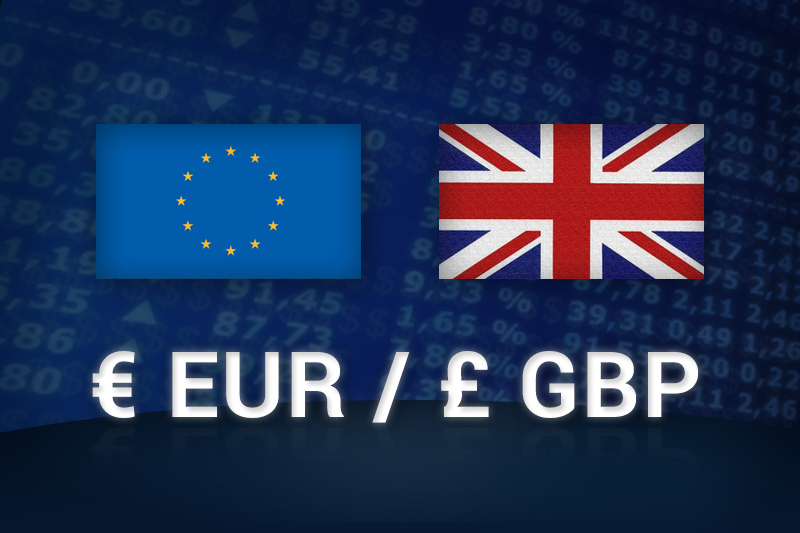
ExchangeRates.org.uk – The latest exchange rate forecasts from Raboabank indicate GBP/EUR at 1.18 in one month, suggesting near-term resilience in sterling.However, the outlook then softens modestly, with GBP/EUR anticipated to slip to 1.16 at both the three- and six-month horizons.
Further mild depreciation is forecast, reaching 1.15 at nine and twelve months, indicating cautious expectations for sterling relative to the euro through the year.
Investor perceptions of the euro are shifting amid recent market volatility and escalating global trade tensions.
Traditionally not viewed as a genuine safe haven due to structural weaknesses, the eurozone’s persistent current account surplus now bolsters its attractiveness as investors seek stability.
“The consensus view is that the EUR lacks the fundamentals that would make it a real safe haven,” says Jane Foley, Senior FX Strategist at Rabobank.
However, this long-standing view is challenged by recent market developments, particularly in the context of doubts about the future global dominance of the US dollar following President Trump’s protectionist trade policies.
Questions surrounding long-term dollar strength are increasingly relevant as investors reassess US asset risks.
“Currently there is a big picture debate as to how Trump’s protectionist policies will impact the global role of the USD over the longer-term,” notes Foley.
Rabobank has upgraded its medium-term EUR forecasts following Germany’s notable shift toward more expansionary fiscal policies, particularly in defence and technology.
This shift signals Europe’s growing determination to reduce dependency on the US, which could increase the euro’s investment appeal over time.
“In early March we revised up our medium-term forecasts for the EUR based on the dramatic turnaround in Germany’s fiscal stance,” says the economist.
Despite growing optimism, Foley warns that the European Central Bank (ECB) remains cautious about excessive volatility.
The ECB’s recent interest rate cut likely reflects policymakers’ discomfort with rapid euro appreciation, emphasising ongoing tensions between investor optimism and central bank stability objectives.
“No central bank welcomes excessive volatility, and the surge in the value of the EUR this month will likely have unsettled policymakers,” concludes Foley.
PLEASE NOTE: We have been waiting for the tarif dust to settle before updating our currency forecast data section.
Update will follow shortly.
This content was originally published on ExchangeRates.org.uk